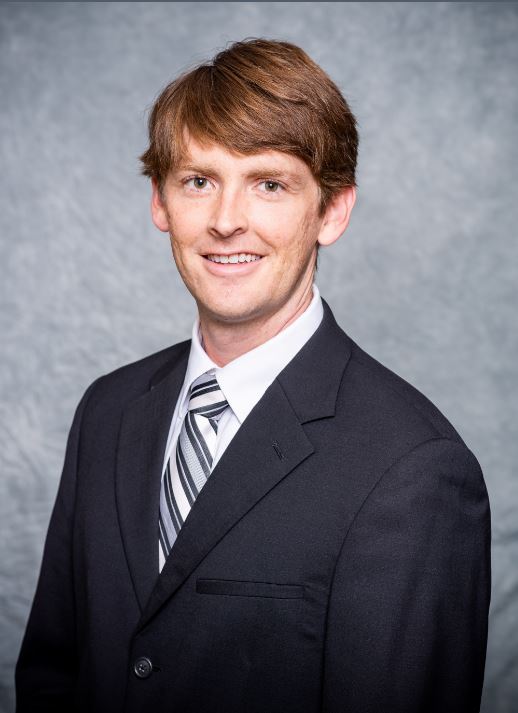Community Eye Care (CEC) is celebrating its 50th anniversary of vision screenings and comprehensive eyecare to communities. This year, the UAB School of Optometry (UABSO) is recognizing those who have helped CEC provide vision services to underserved and underrepresented communities as faculty, staff or as a student. With this in mind, meet alumnus Dylan Cowan, OD.
Cowan grew up in east Tennessee, where he earned his bachelor's degree from the University of Tennessee. Cowan’s interest in how optometrists can help multiple people simultaneously led him to apply to optometry school. After a brief hiatus from the university, he returned to optometry school and graduated from UABSO in 2022. Cowan practices on the island of Maui, HI, utilizing his passion and knowledge to help others as CEC taught him.
Describe your past or present involvement with CEC.
While at UABSO, I participated with CEC by providing screenings and eye exams in different settings. One of my first events was a multidisciplinary screening of Head Start students in Birmingham. We also visited senior centers, the student health center and basketball games to offer eye health screenings.
How did you become involved with CEC?
As a second-year student, we joined the screenings as part of our curriculum. It was an excellent way to get hands-on experience with patients, and sometimes we discovered interesting cases. Our experiences in CEC allowed our skills to mature so that, by our fourth year, we were completing full eye exams.
Why are you passionate about serving underserved communities?
From the beginning of my career in the industry, I have always loved hearing people tell me what they could do better when they see well. Communities can change by helping one person at a time, and I know how much seeing well improves patient's lives.
How do you believe CEC has impacted underserved communities?
CEC has given patients throughout Alabama an opportunity for improved eye health and vision they may not have had otherwise. It happens directly through patients, but students also take their skills wherever they travel.
What is your most memorable CEC experience? Why?
I remember a particular patient that I treated. We were performing screenings as second-year students, and a patient informed us he had a red eye. We measured his intraocular pressure (IOP) with tonopen measuring in the 40s. Dr. Janene Sims had us recheck with a Perkins tonometer, and we measured a similar result. We gave the patient a series of drops that lowered his eye pressure to nearly 20mm, and afterward, we scheduled him for a comprehensive exam the next day. The consequences could have been much worse had we not been there to treat him. It reminded me we have to get out of bed and go!
How has working with CEC impacted your life?
CEC did not lead me to be an optometrist. However, it certainly helped motivate me on those second-year days when all I wanted to do was help patients and stop studying or listening to lectures. That's why I wanted to be an optometrist! All the studying and knowledge are obviously necessary, but the hands-on patient interactions provided by CEC were invaluable. CEC taught me to utilize my passion and knowledge to help others.
The most notable feature of CEC is that we go to places to help people receive eyecare, whether through screenings or full exams. It's all "well and good" to say that you will see anyone that walks through the door. However, the effort to pack up the equipment, load the van and set up where people are makes all the difference in who gets eye exams. It was a pleasure setting up for clinics in Appalachia at the break of dawn, taking mobile eye exam lanes to remote villages [during an externship] in Alaska and setting up in schools on Indian reservations in the New Mexican desert [as a resident].
For my next adventure, I will be loading equipment for a two-hour drive to the jungle side of Maui or maybe hopping on a plane to another island where there isn't an optometrist. The adventure keeps getting more exciting!
